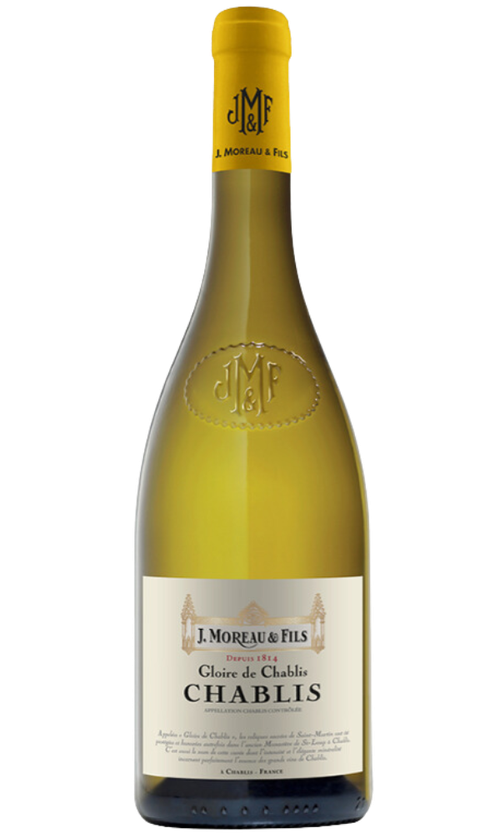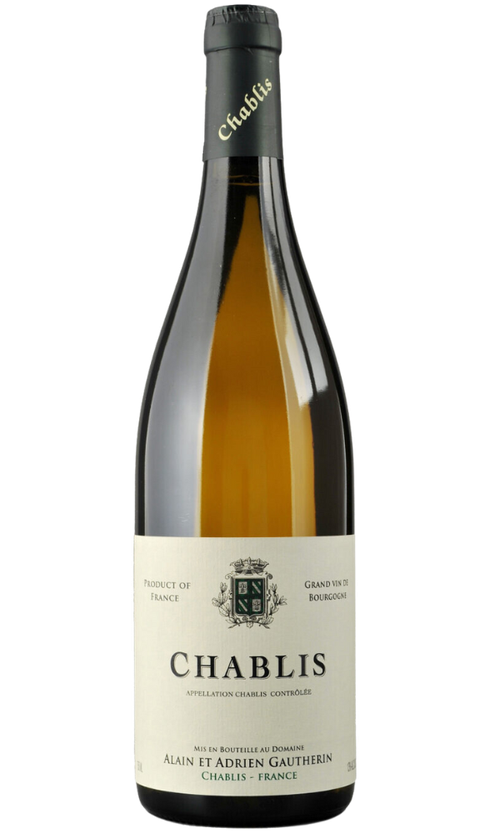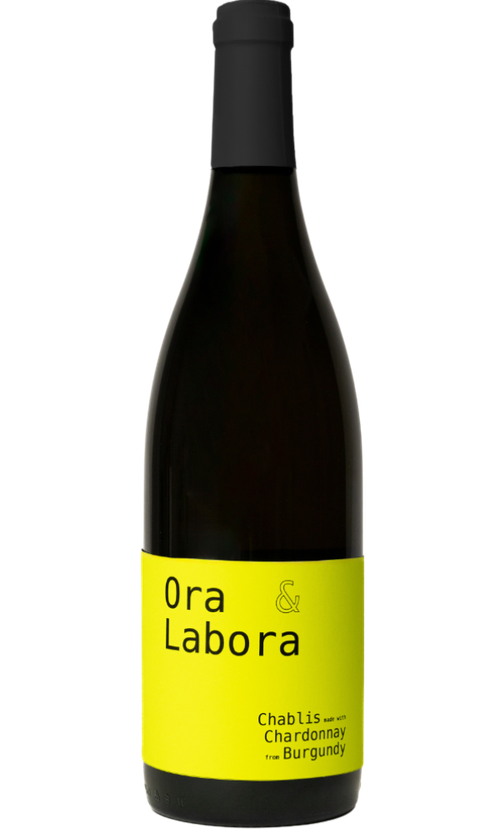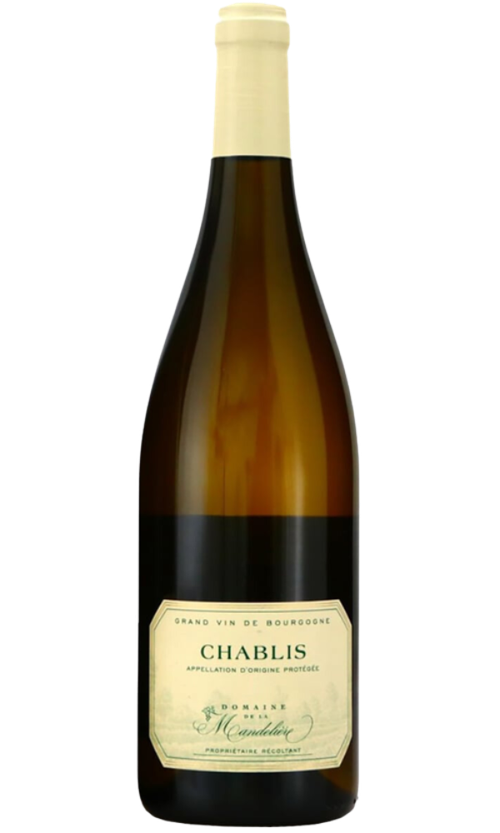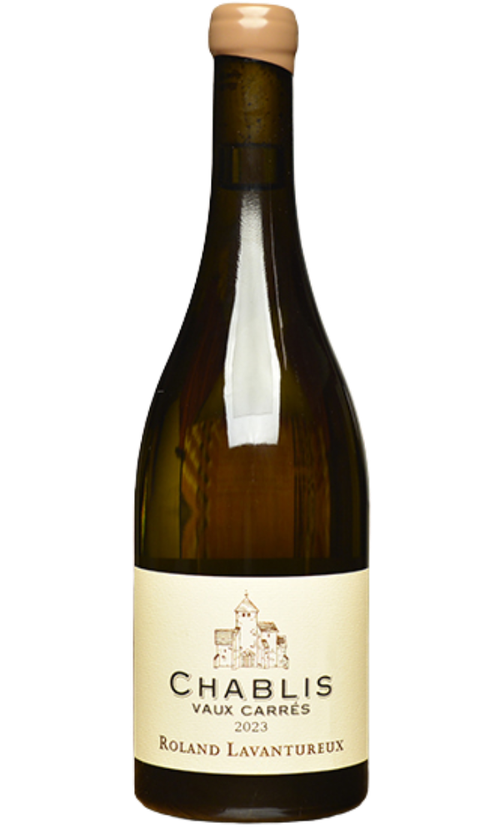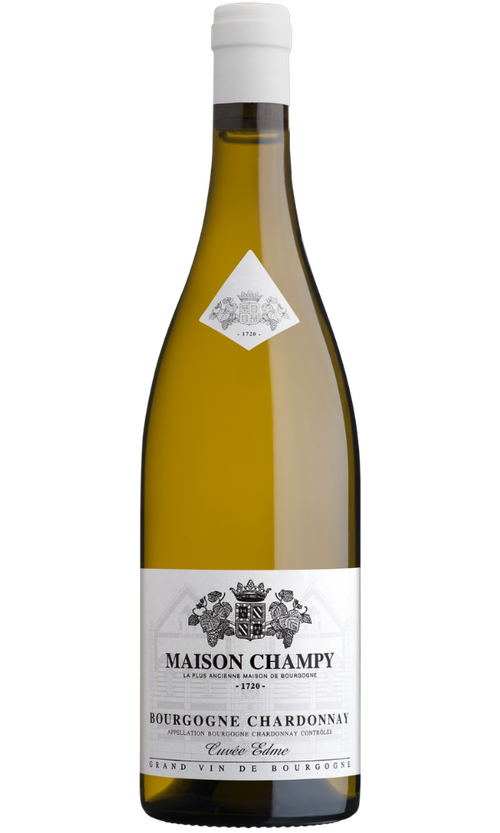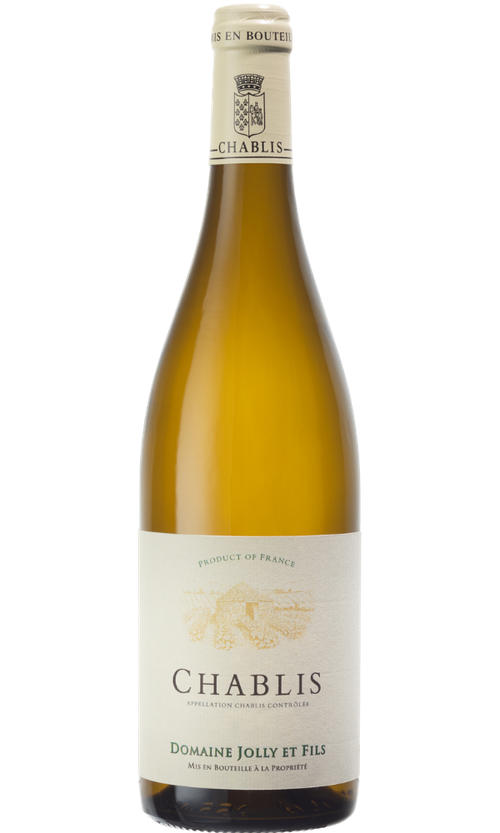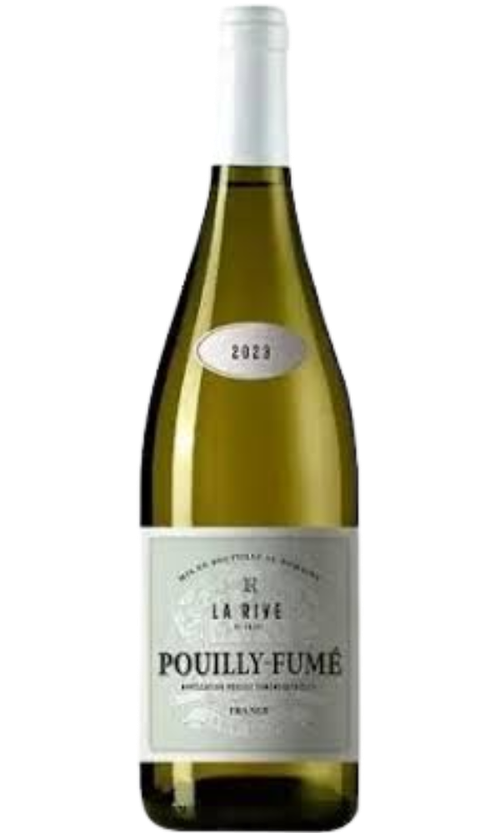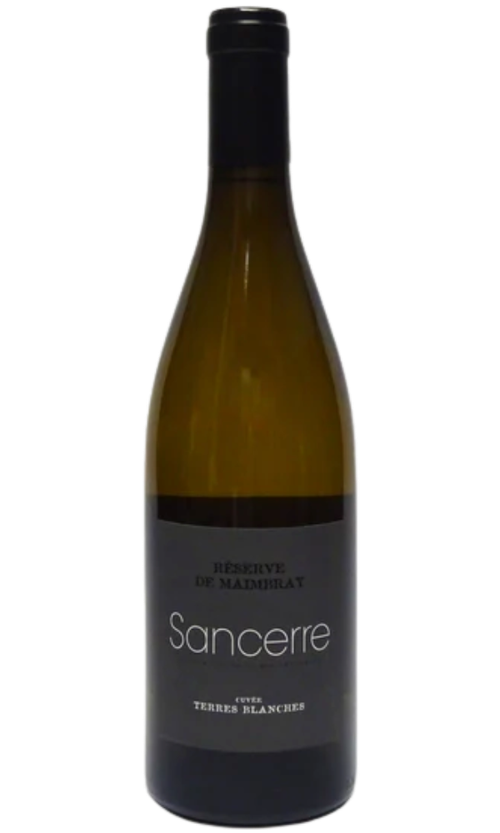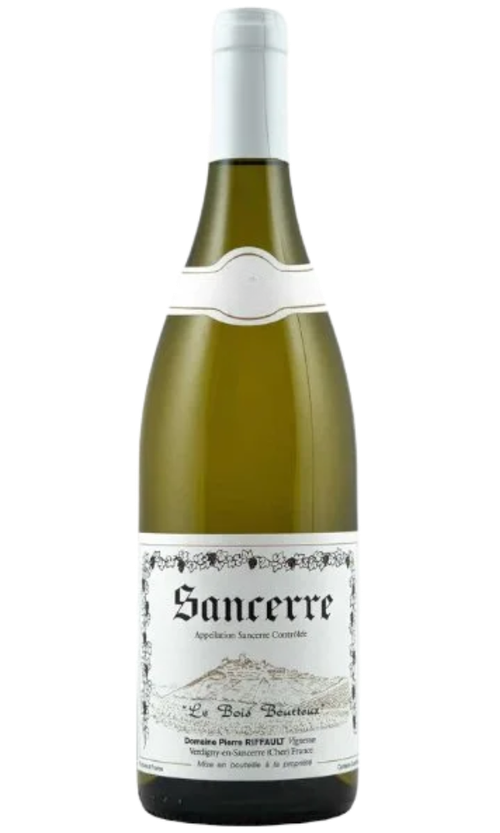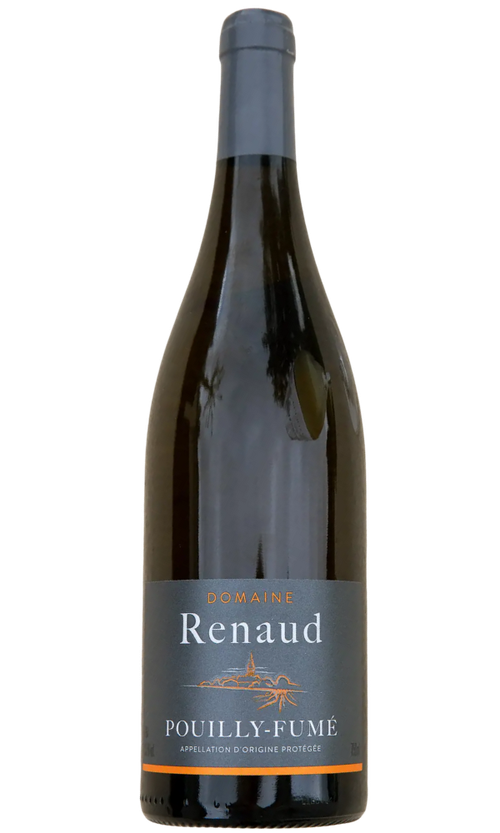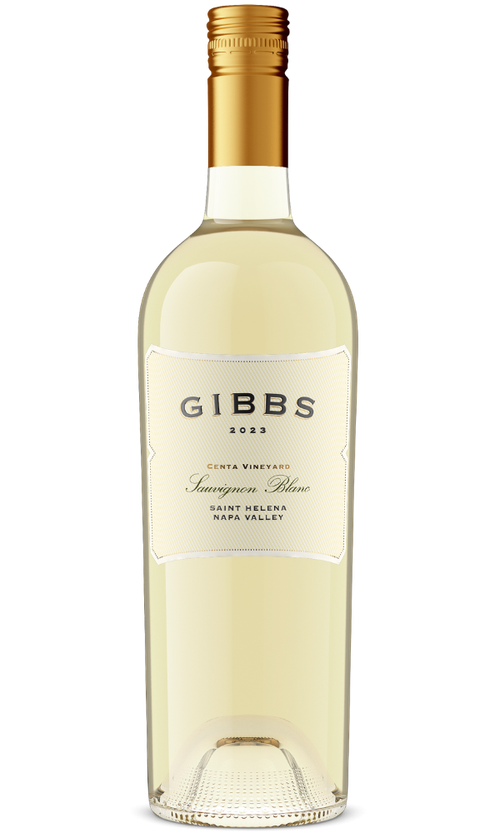
Sauvignon Blanc from one of the absolute titans of Chablis
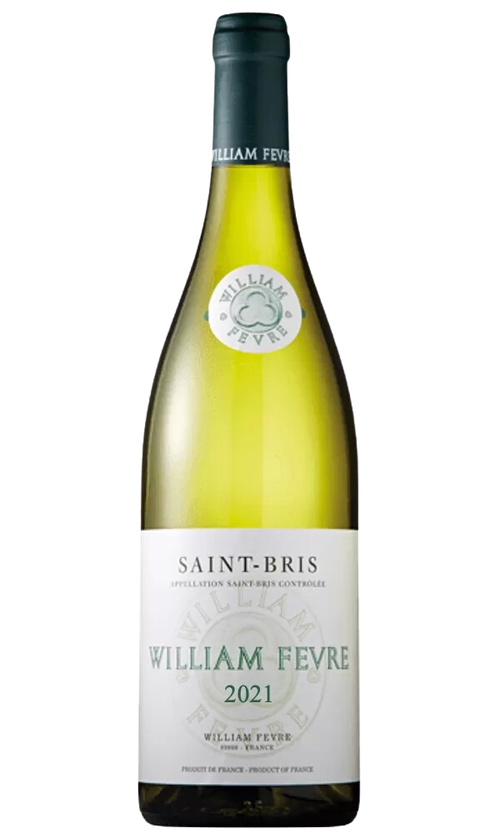
- Curated by unrivaled experts
- Choose your delivery date
- Temperature controlled shipping options
- Get credited back if a wine fails to impress
2021 Domaine William Fevre Saint-Bris 750 ml
- Curated by unrivaled experts
- Choose your delivery date
- Temperature controlled shipping options
- Get credited back if a wine fails to impress
Saint-Bris is a tiny miracle: an appellation of just 325 acres planted to Sauvignon Blanc—in Burgundy, no less. The wines taste like a cross between Sancerre and Chablis.
WIlliam Fèvre is one of the absolute titans of Chablis, and this Saint-Bris taken to the next level. Fèvre’s attention to detail and high-end touches—from gravity-flow winemaking to longer aging in stainless steel tanks—contribute to a bottling whose complexity and nuance set it apart from the crowd.
Everything about this wine feels like great Chablis, from the weight, to the vibrant nose awash in lime zest, to the minerally finish. But entwined with these elements are quenching citrus-fruit flavors, which are lighter-bodied than Sancerre or Pouilly-Fumé but every bit as penetrating.
The Fèvre history goes back over 250 years, but in 1959, William took over—and renamed—his family’s estate. At the time, Chablis was known for overcropped wines that lacked personality. But through attention to detail and careful expansion into top terroirs, William transformed his eponymous domaine into one of the region’s powerhouses. Today, Fèvre is owned by Domaines Barons de Rothschild—aka Château Lafite Rothschild’s ownership—a testament to the reputation the estate has built.
Their attention to detail extends from their $100+ Grand Crus down to this bottling, which shows off the high-touch, white-glove Fèvre style.
It starts with hand-harvesting—a rarity in the region—which means that grapes can be field-sorted to ensure sub-par clusters don’t even make it to the winery. After the berries are brought in, they’re given a brief period of skin contact to provide texture. The team presses and gently settles the must before fermenting and aging the wine in stainless steel for nearly 10 months.
You might also like these wines
- Member Favorite
- Member Favorite
- Member Favorite
- Member Favorite
- You're on page

